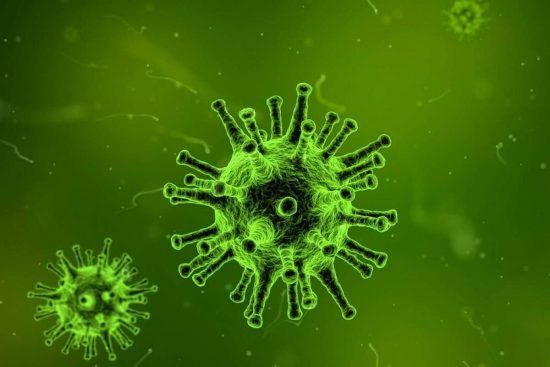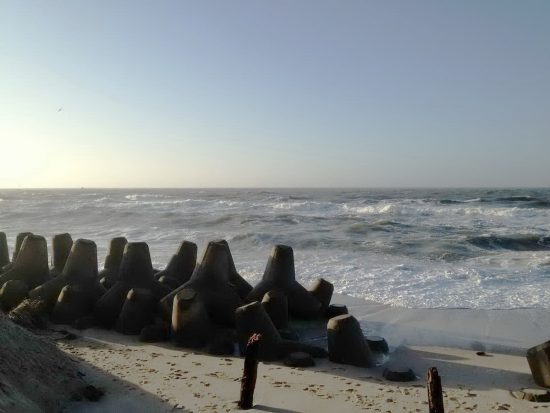



Infected plankton cells absorb more nutrients
A virus that infects plankton can reprogram cells and thus alter the way the plankton absorbs nutrients. According to new research published in the Proceedings of the National Academy of Sciences journal, this may affect how carbon is stored in the oceans.
Scientists from the University of Exeter have examined the DNA of the OTV6 virus, which infects phytoplankton (plant-like microbes that float in the ocean’s upper portion). The phytoplankton species they studied was the Ostreococcus tauri.
After the virus steals a gene from the phytoplankton, the latter becomes better at absorbing certain nutrients for a period of time before succumbing to the virus.
Much of the earth’s carbon is stored in the sea through a process that involves dead algae sinking to the seabed. This new research shows a new feature of that process.
According to Professor Thomas Richards of the University of Exeter, “Availability of vitamins and nutrients determine how these phytoplankton function.”
“We have shown that this virus reprograms how the phytoplankton obtain nutrients, which affects how they grow and is likely to affect how they absorb carbon dioxide. Cells that have the virus are more competitive in the short-term. This is beneficial to the virus in terms of its own reproduction – and when the virus is ready, it kills the cell and releases more of the virus to infect others,” he added.
Viruses often alter the function of infected cells; in this case, they change the way phytoplankton takes in ammonium – an essential source of nitrogen for marine phytoplankton.
“This is important because the availability of nitrogen often limits phytoplankton growth,” explained Dr Adam Monier from the University of Exeter. “These results have implications for understanding how viruses manipulate the physiology and ecology of phytoplankton and influence marine nutrient cycles.”
According to the researchers, although viruses are abundant in the ocean, relatively little work has been done to understand how they change their hosts and subsequently the ecosystems they are in.
 Herbert
Herbert 24th August 2017
24th August 2017